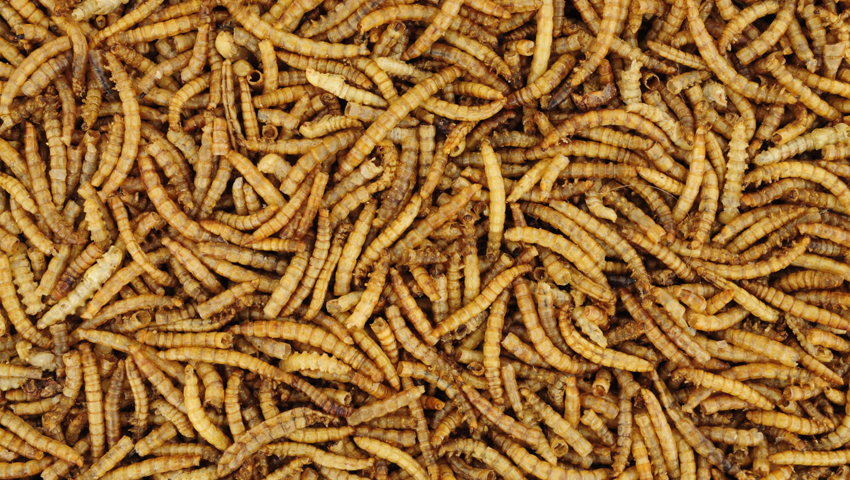DEVON scientist and entrepreneur Dr Olivia Champion NSch 2022 has published her Nuffield Farming report entitled “Can carbon neutral insects be farmed profitably?”
During her Scholarship, Dr Champion travelled to England, Northern Ireland, Scotland, Germany, the Netherlands, Zimbabwe, Botswana, South Africa and Canada. She aimed to understand the market readiness for insect ingredients as food and feed, identify the main costs and understand the regulatory landscape.
“Edible insects offer an alternative protein source suitable for both humans and animals,” Dr Champion says in her report. “Insects require less space, water, and emit fewer greenhouse gases.
“However, my research journey revealed that producing insects for food and feed is constrained by limitations in scale, high costs, and inconsistent quality. Improvements like automation, enhanced insect genetics, and optimized diets are crucial for advancing insect farming.”
During her study, Dr Champion found that carbon-neutral insect farming is possible when waste unsuitable for animal consumption becomes insect food.
“Many insect farms presently utilise soya-based materials, which contradicts the goal of reducing soya in animal feed. Utilising livestock manure as insect food could be a strategic alternative, subject to careful risk assessment. Blending waste as a substrate for insects and integrating renewable energy can establish carbon-neutral insect farming as a viable option.
“With rising living costs and changing spending patterns, the demand for costly and unfamiliar insect-based foods and feeds might stay limited. But overcoming challenges through ongoing research and innovation could position insect farming as a pivotal player in constructing sustainable and nutritious food systems.”
Study objectives
- To assess market readiness for insect ingredients for food and feed.
- To identify the main costs associated with insect farming and identify mechanisms to drive down costs.
- To understand how the regulatory landscape intersects with farm success.
Messages
- The cost and carbon footprint of insect farming is dependent on the farming system used, especially the substrate used to feed the insects. Currently most commercial insect farms use soy or cereal based livestock feed as a substrate.
- Waste streams that cannot be fed to humans or animals should be explored as approved substrates for insect farming.
- The cost price of insects per tonne is 5-10 times the cost price of soya. Price is the main barrier to market acceptance of insect ingredients for both food and feed.
The report was sponsored by the Richard Lawes Foundation and is now available in the Nuffield Farming report library. Dr Champion’s report video, from the 2023 Nuffield Farming Conference, is available on the Nuffield Farming YouTube channel.
